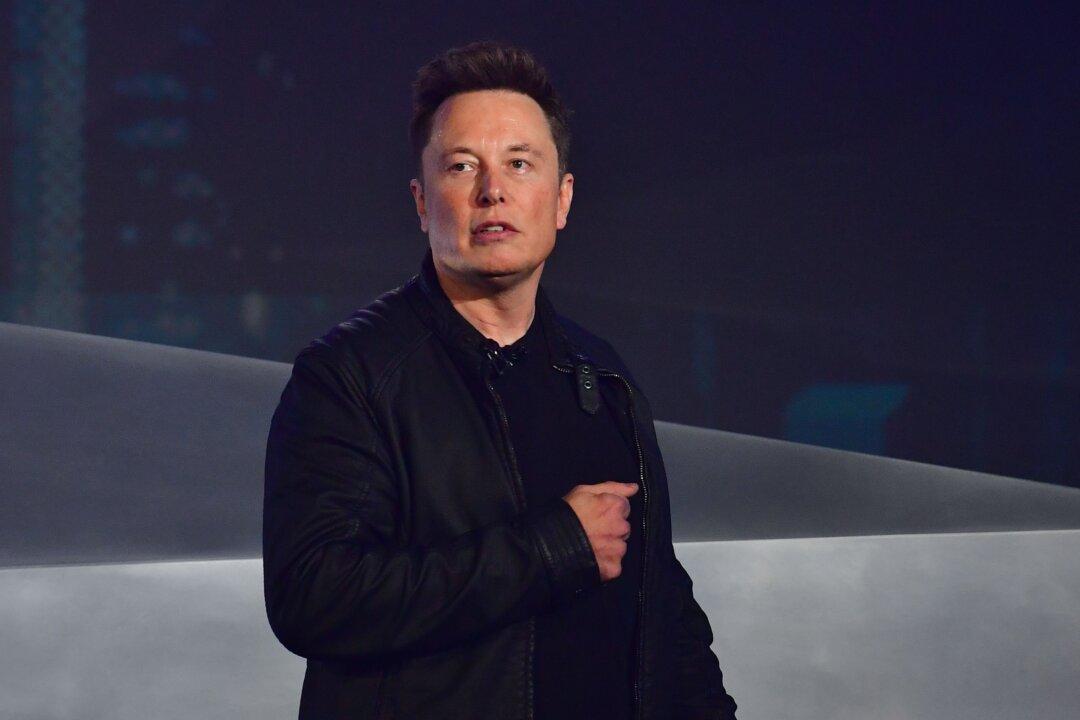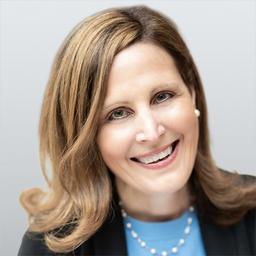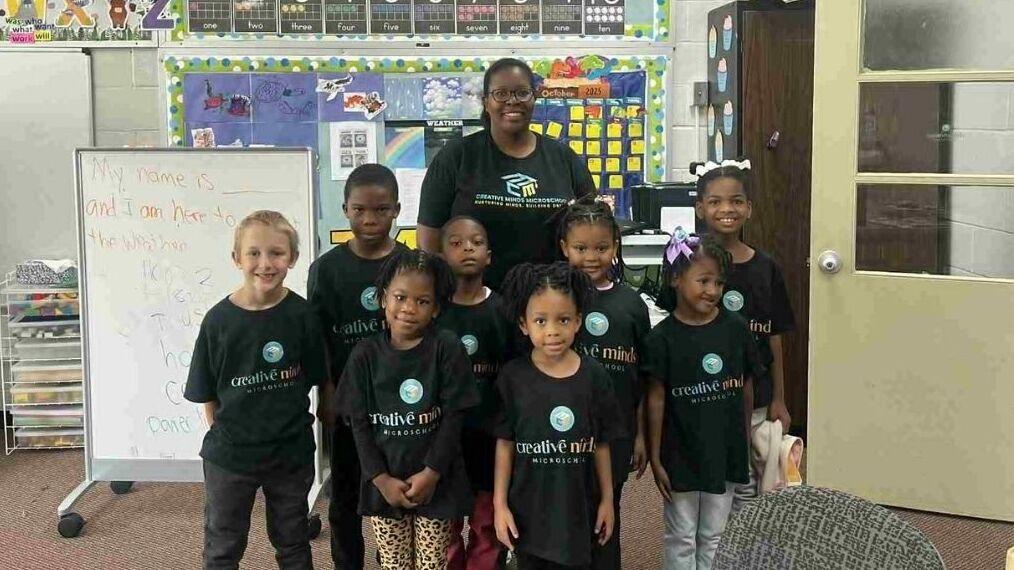Elon Musk says skills matter more than diplomas. The founder and CEO of corporate innovation giants Tesla and SpaceX tweeted on Feb. 2 that he is hiring for his artificial intelligence group at Tesla and wants to recruit the most talented people he can find. Talent, to Musk, means “deep understanding” of artificial intelligence and the ability to pass a “hardcore coding test,” but it doesn’t necessarily include degrees and diplomas.
“A PhD is definitely not required,” Musk wrote. “Don’t care if you even graduated high school.”
Musk went on to say on Sunday that “educational background is irrelevant”:“A PhD is definitely not required. All that matters is a deep understanding of AI & ability to implement NNs in a way that is actually useful (latter point is what’s truly hard). Don’t care if you even graduated high school.
— Elon Musk (@elonmusk) February 2, 2020”
“Our NN is initially in Python for rapid iteration, then converted to C++/C/raw metal driver code for speed (important!). Also, tons of C++/C engineers needed for vehicle control & entire rest of car. Educational background is irrelevant, but all must pass hardcore coding test.
— Elon Musk (@elonmusk) February 3, 2020”





